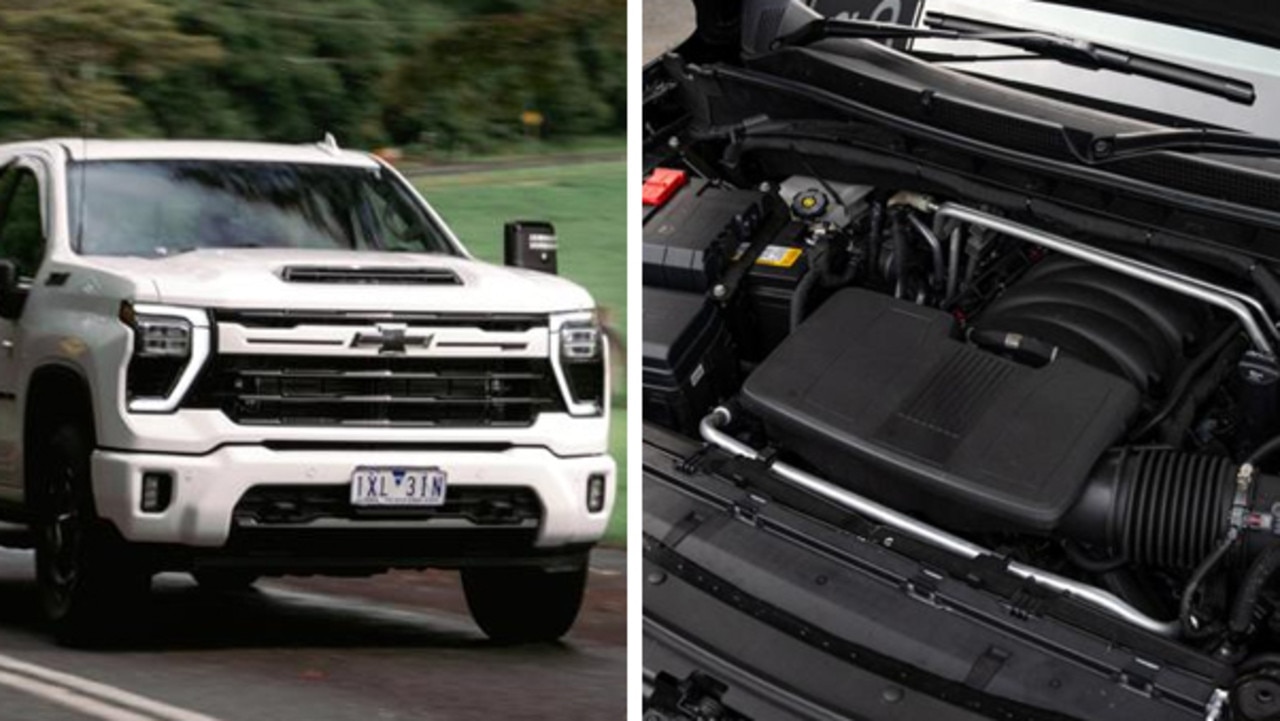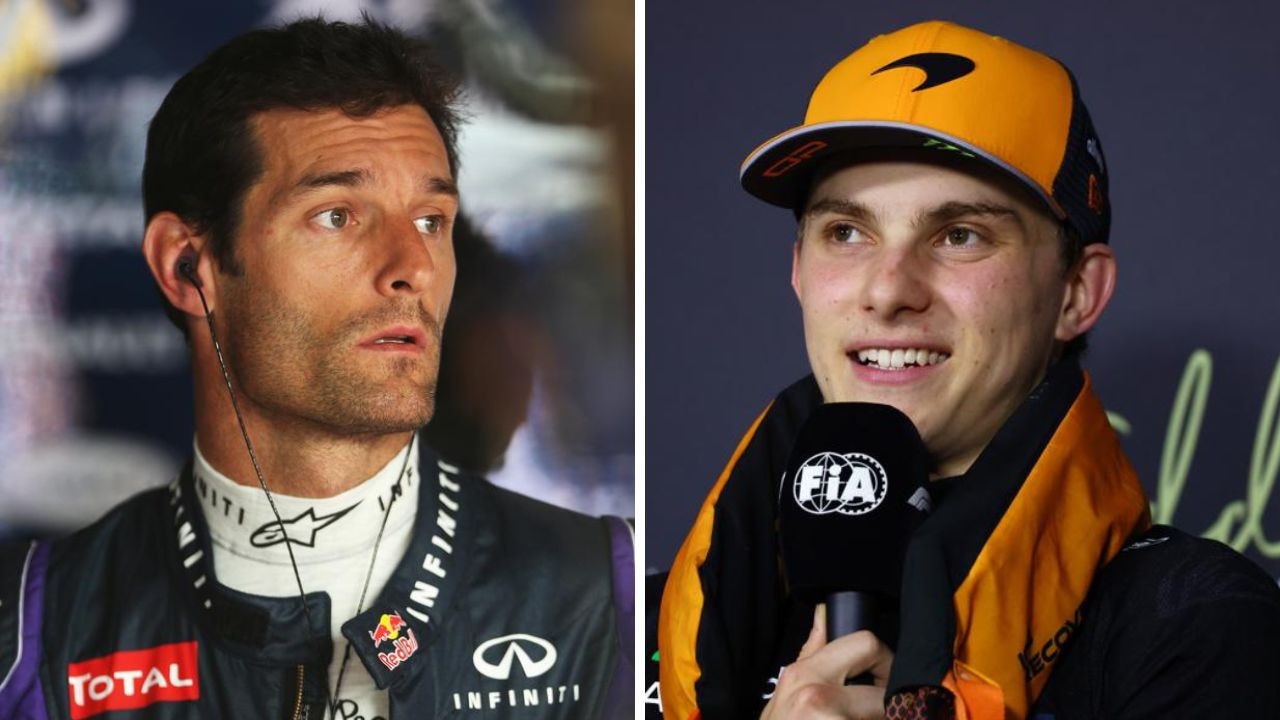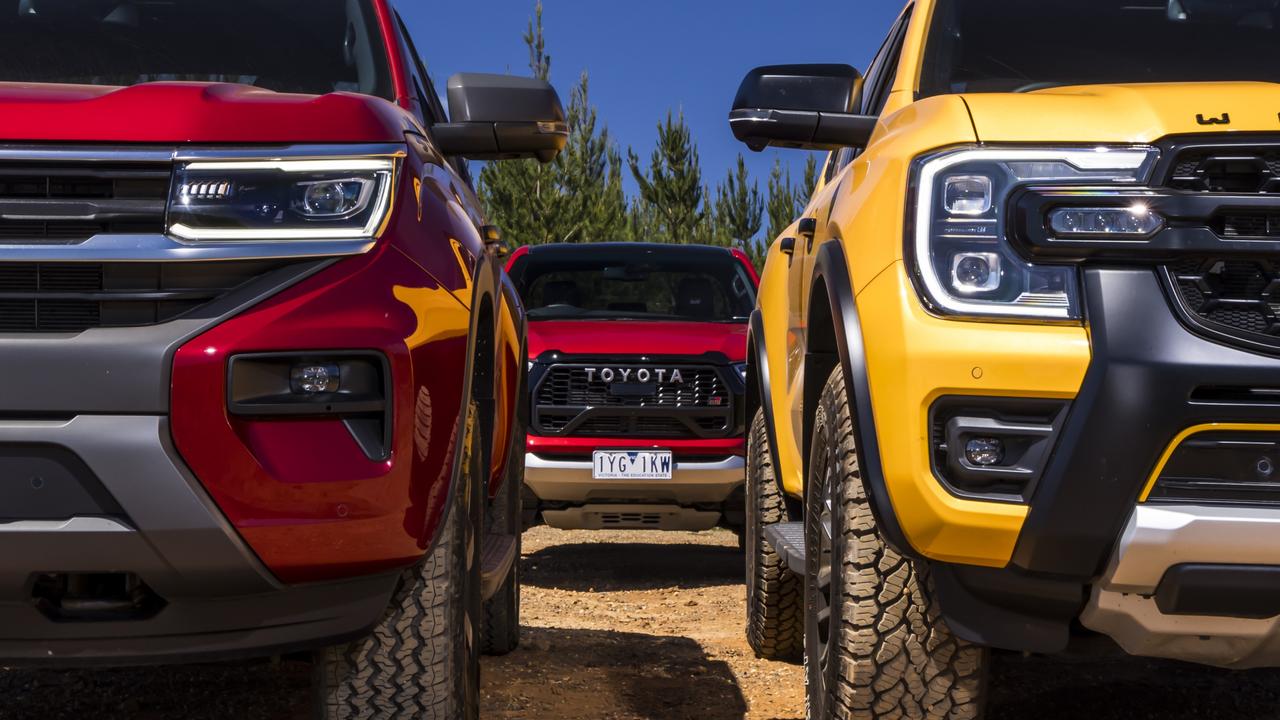‘Trying to force people’: Numbers reveal massive electric vehicle ‘flop’
EVs have been such a “commercial flop” that manufacturers are now trying to flog them by any means necessary, says Caleb Bond.
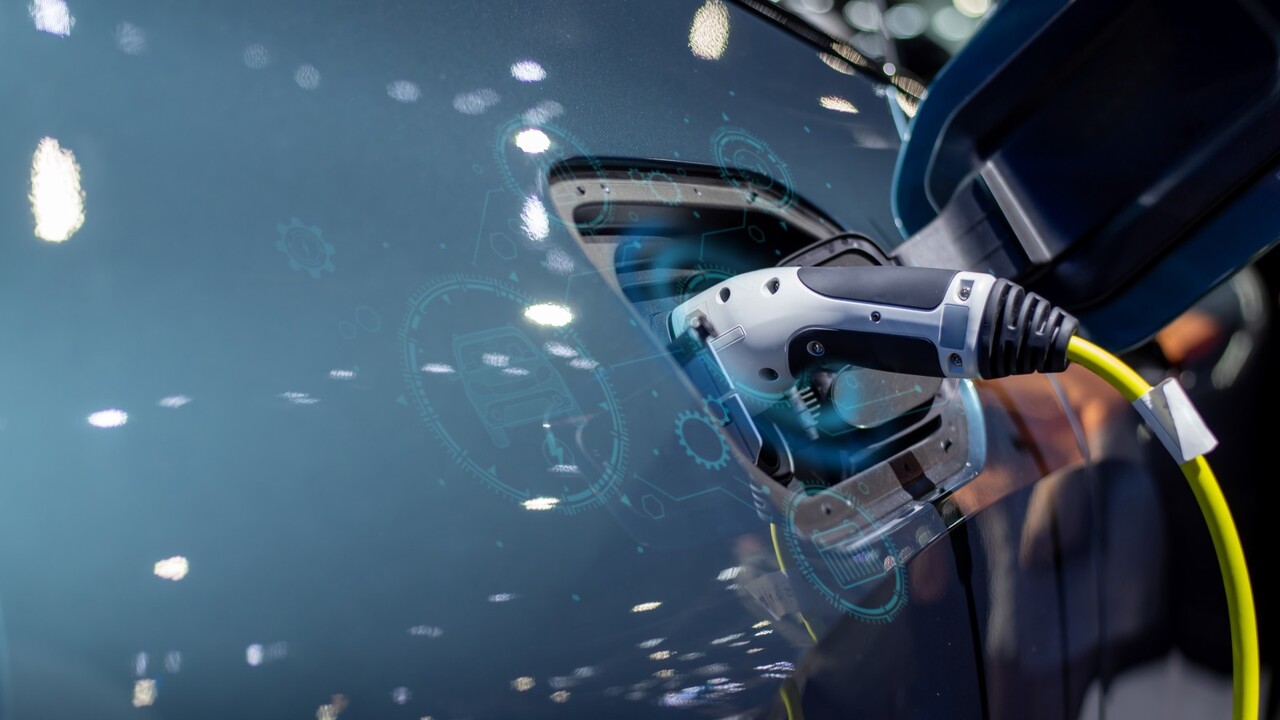
Electric vehicles have been such a commercial flop that manufacturers are now trying to flog them by any means necessary.
EV deliveries dropped 10 per cent in June when they made up 8.3 per cent of all new cars sold in Australia – down from 8.8 per cent at the same time last year.
Last month, EV sales slumped to 5.9 per cent of the market.
That was despite many manufacturers cutting prices – some by more than $20,000 – in recent months.
Hence why cheap Chinese EV company BYD last month signed a global deal with Uber to supply at least 100,000 of its vehicles at heavily discounted prices to rideshare drivers.
It will start in Europe and Latin America and expand to western nations including Australia and New Zealand.
Chinese businesses are, as we know, intrinsically linked to the Chinese Communist Party and are often heavily subsidised by the government.
BYD is effectively engaging in a process called dumping, whereby one nation exports a production to another nation and sells it below the domestic sale price in an effort to flood the market and squeeze out competitors.
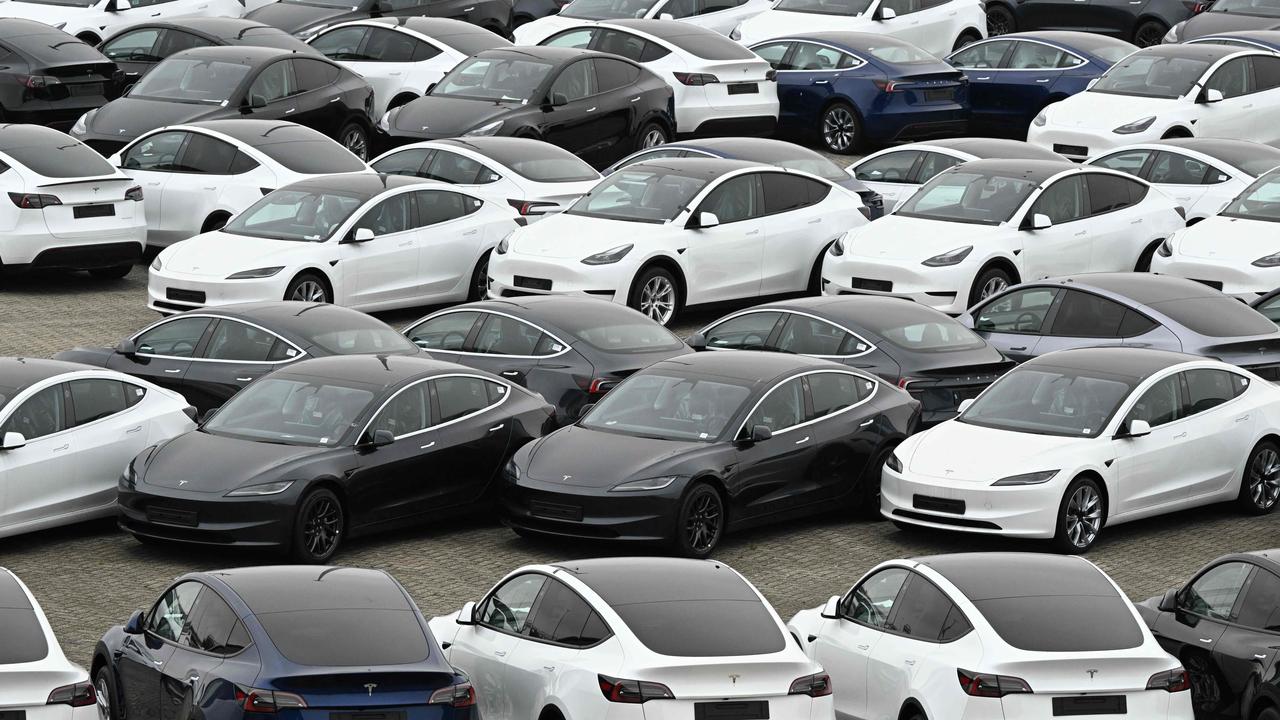
It is also an effective method of pushing product of which there is an oversupply and people would otherwise not buy.
And the reality – as borne out in the falling sales – is that people would not buy electric vehicles unless they were given an exceptional reason to do so.
Car makers are now rationing the sale of petrol vehicles in the UK because not enough people are buying EVs and if they sell too many internal combustion engine cars, they’ll be hit with heavy environmental penalties.
The boss of major British car dealer Vertu Motors, Robert Forrester, last week told The Telegraph that manufacturers were delaying the delivery of ordered cars until next year lest they exceed government-mandated quotas.
No less than 22 per cent of cars sold in the UK by manufacturers must be zero-emission under the rules.
It will increase to 80 per cent in 2030 and 100 per cent in 2035.
Car companies are slugged £15,000 – nearly $A30,000 – for every petrol car sold over their quota.
And given no one is buying electric cars, those companies are now artificially shrinking the entire new car market to avoid the cost.
“It’s almost as if we can’t supply the cars that people want, but we’ve got plenty of the cars that maybe they don’t want,” Mr Forrester said.
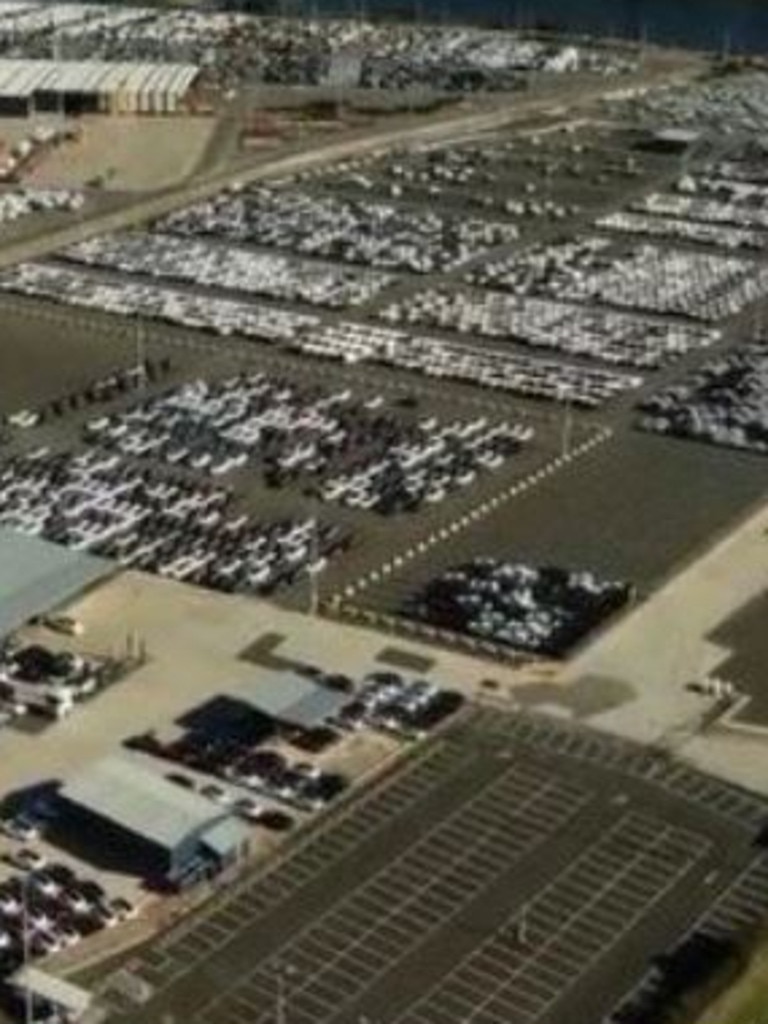

By the simple law of supply and demand, that will mean higher new and used car prices.
Despite the heavy subsidies and discounts being applied to push EVs, people still aren’t buying them.
Volvo last week announced it was scrapping its plans to sell only electric vehicles by 2030 because the market had changed.
Toyota – the chairman of which has previously said electric vehicles will only ever make up 30 per cent of the market – has now cut its EV target for 2026 by a third.
And don’t forget that Labor, prior to winning the 2022 federal election, predicted EVs would make up 89 per cent of new car sales by 2030 – a statistic the federal transport department now forecasts at a much lower 27 per cent.
Consumers are quite happy to buy more environmentally friendly cars – the sales of hybrids are booming.
But the green zealots are insistent on forcing everyone into EVs.
Unfortunately for them, no matter how hard they try – even trying to force people into buying electric cars – we simply won’t purchase them.
The Brits are so determined not to buy electric that they’ll wait months for a petrol car rather than buy one of the cheap, abundant EVs collecting dust on showroom floors.
At what point will we just admit the whole thing is a sham?




